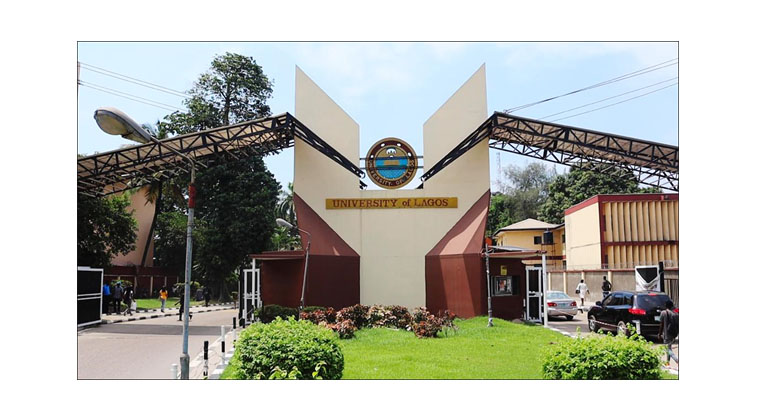Educators and dignitaries from all walks of life gathered at the Podium, Lekki- 124 T.F, Kuboye Rd, Lekki Phase 1 on Thursday 24th October, 2019 to discuss the roles of quality education as a necessary tool to achieving national growth and development.
The guests and participants were welcomed to the gathering by Mrs. Adeyoyin Adesina, Chief Executive Officer, Corona Schools’ Trust Council. Honourable Justice Bukunola Adebiyi, Chairman, Corona Schools’ Trust Council gave the opening remark.
The goodwill message from His Excellency, Lagos State Governor, Mr. Babajide Sanwo-Olu, was read by Honourable Commissioner for Education who was also a keynote speaker at the event.
In her keynote speech on Quality Education as a Tool for Social Change, Hon. Commissioner for Education, Mrs Folashade Adefisayo identified six major issues with the Nigerian education sector.
1. Accessibility: She pointed out that the limited number of schools to cater for the education needs of the country’s population as one of the issues.
2: Equity: She also stated that there was a wide gap between the rich and the poor, stressing the difference between the education received in the urban and rural areas: male and female children and Christians and Muslims..
While giving her assessment of the public education, she described the education as poor education for the poor people. She said that the children of the rich have access to much better education than the children of the poor.
3. Relevance: Mrs Folashade stated that to many parents, education had lost relevance. She noted that majority erroneously believed education is a waste of time.
4. Quality: According to her, the quality of education received in most schools is questionable. She berated the motive behind establishment of most schools. She said, Children should be trained to be competitive. Quality Education should move from passing examination to application outside the classroom. Quality Education should be everybody’s business in the country.”
5. Management: She said good management was lacking in the education sector. In her words, she said to improve the standard of education, there should be thorough supervision.
6. Funding: The last issue she mentioned was poor funding of the education sector. She said that money budgeted for education did not get to the classroom, stating that funding is insufficient to address some of the issues confronting the sector.
She therefore highlighted the consequences of the poor funding as follows.
1. Next generation will be largely illiterate.
2. Direct causal relationship between illiteracy and poverty
3. Health and Disease
4. Maternal and Infant Mortality
5. Economic backwardness.
She also identified the following as enabling factors to consider for excellent school system
(a) Long term mission
(b) Sustained leadership
(c) Ambitious standards
(d) Commitment to equality.
(e) High quality teachers and school leaders
(f) Alignment and Coherence
(g) Accountability etc.
She concluded by saying “Transformation, not reforms, is what we need in educational sector ”
‘Sustainability Channels for Economic Empowerment – a Spotlight on Education was the sub-theme discussed by the panelists through interactions with the moderator, Ijeoma Onyeator – Veteran Broadcast Journalist, Channels Television.
Among issues discussed were:
1. Overloaded Curriculum: It was stated that the curriculum designed for schools is cumbersome, with no specific focus on the needs of the society.
2. Shortage of Qualified Teachers: The panelists discussed the decline in the quality of the applicants into the teaching profession.
3. The importance of early stage education to the society.
4. Read 1969 curriculum conference.
5. The need to train children to think patriotically in our curriculum.
6. Education as a tool to harmonize the diversity in our culture.
7. The relationship between education, and economy growth.
8. Reasons why education should be adequately funded.
9. Difference between quality education and valued education.
10. Early stage as a feeder to other sectors like football game, music, skills acquisition etc.









